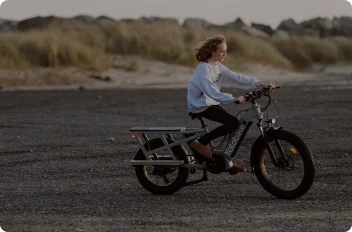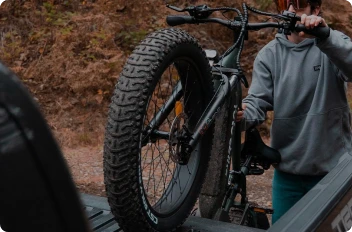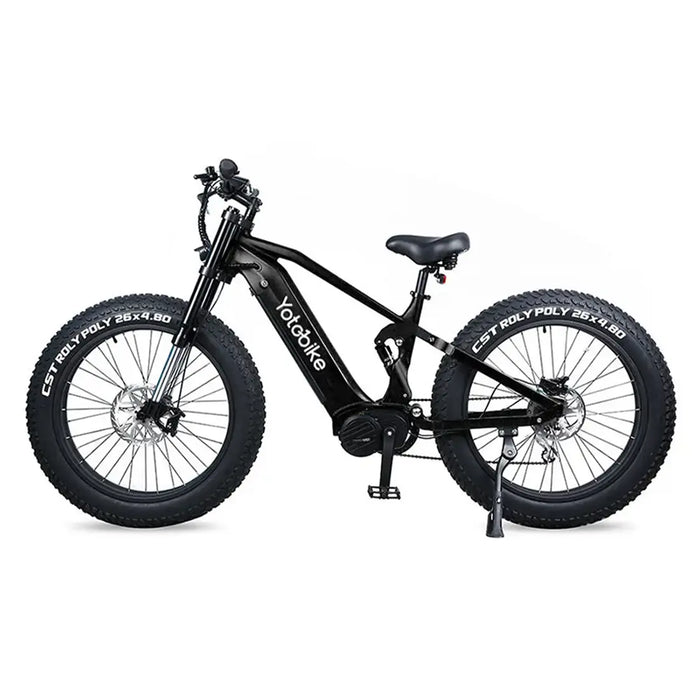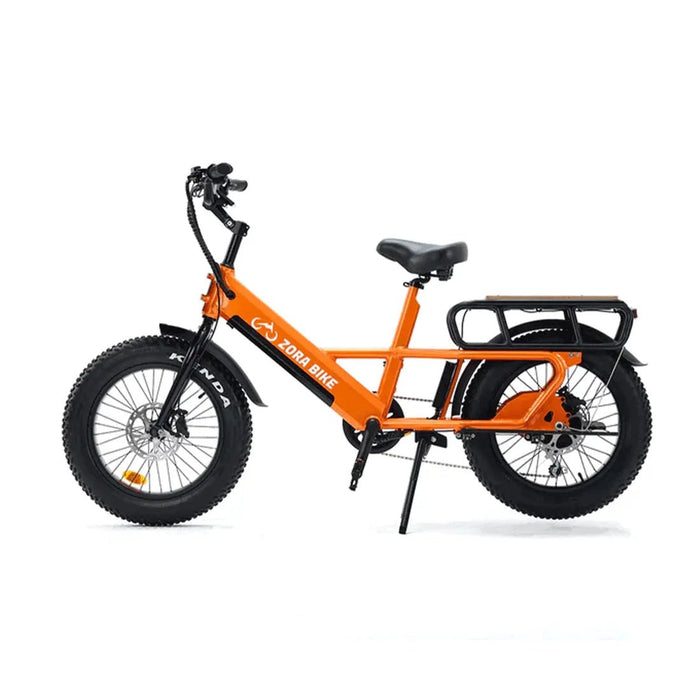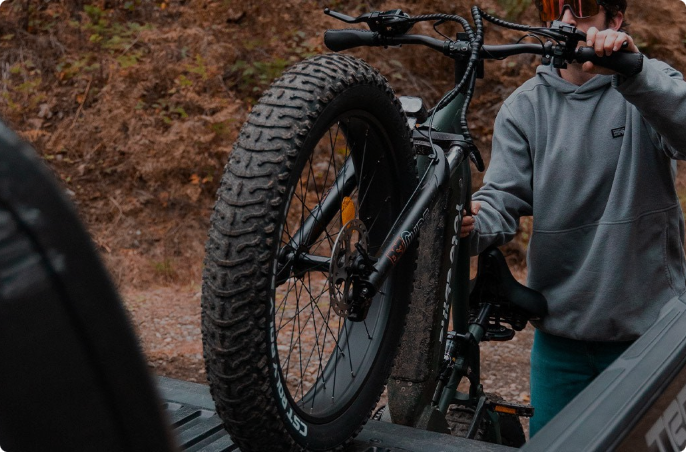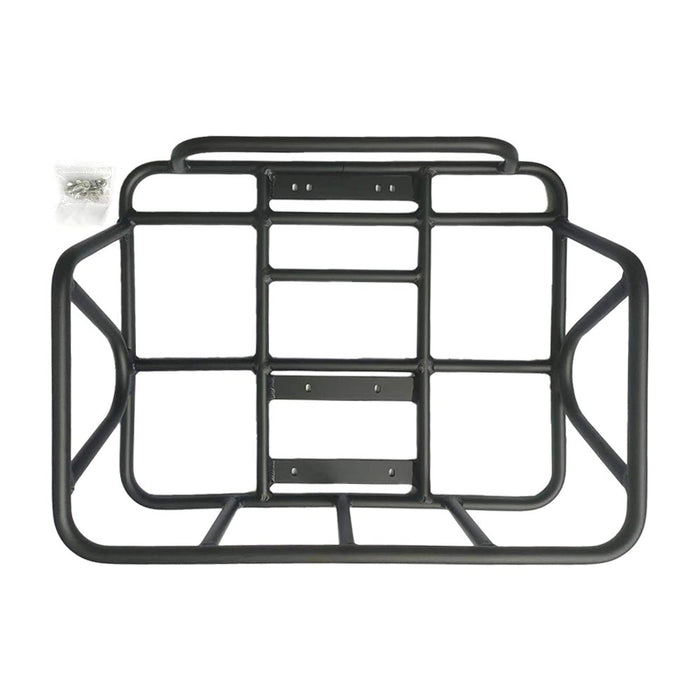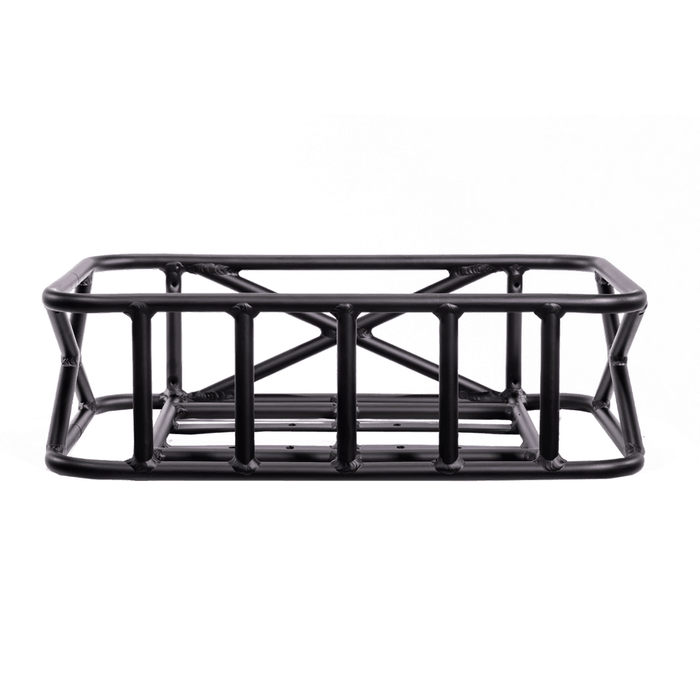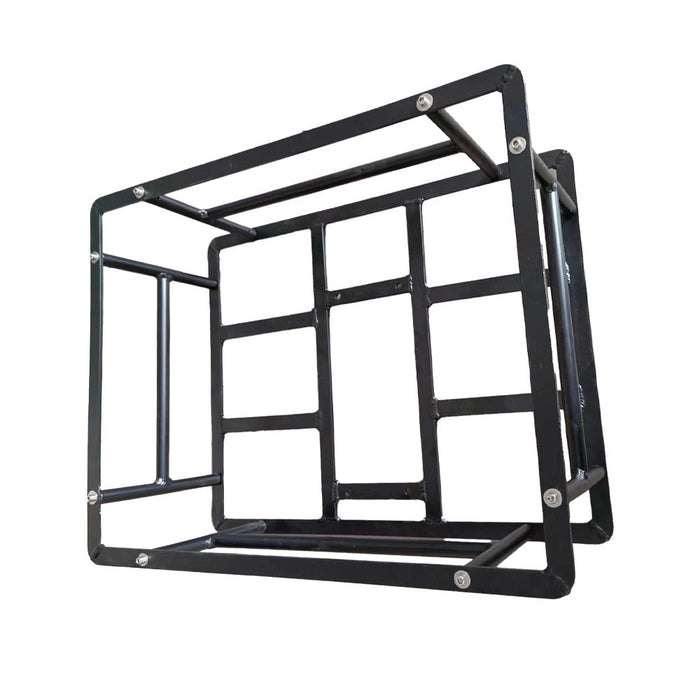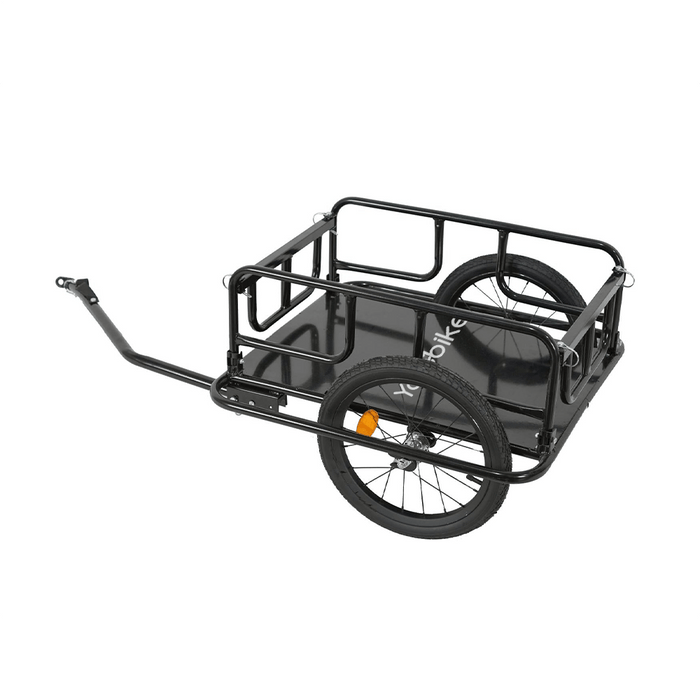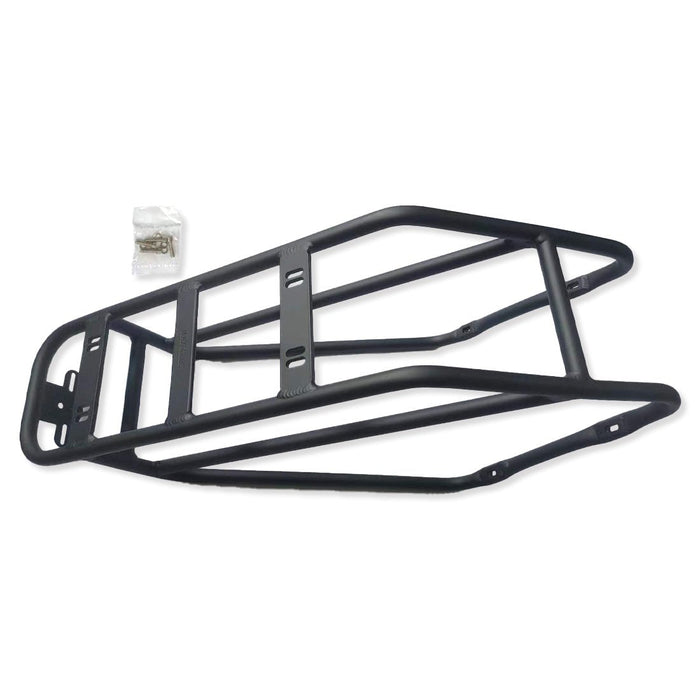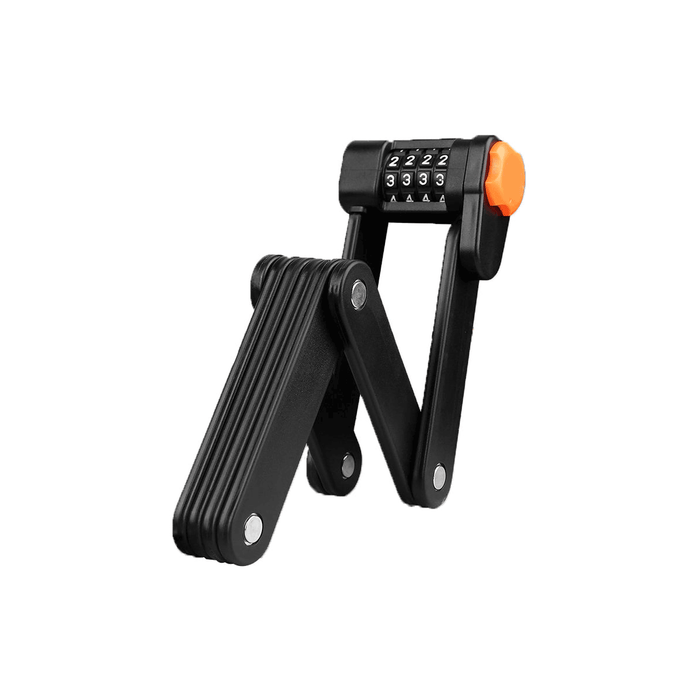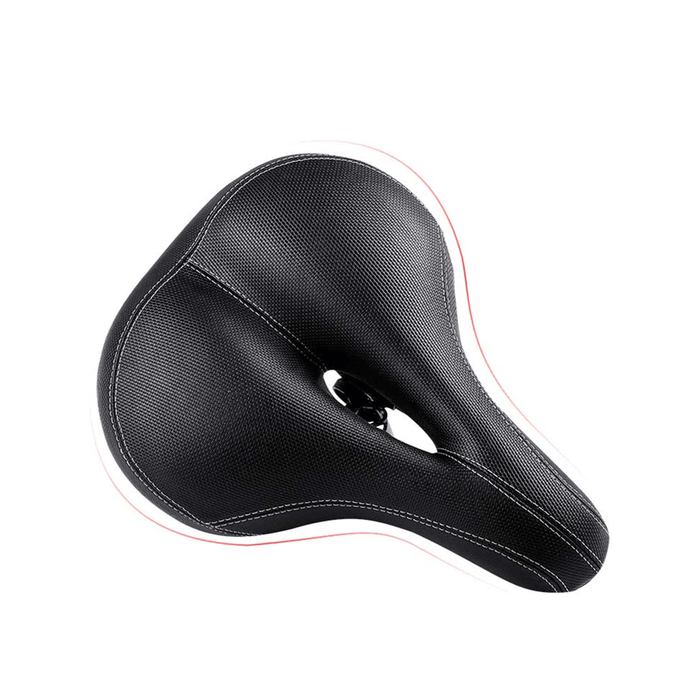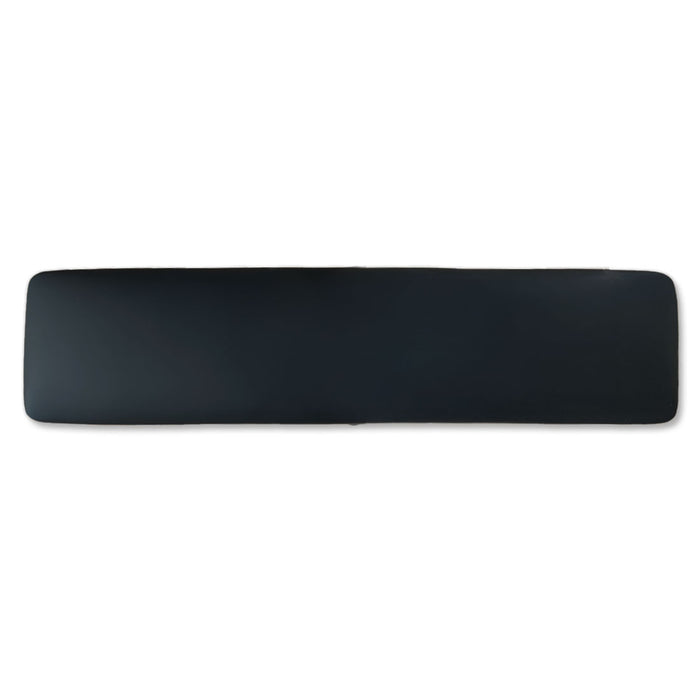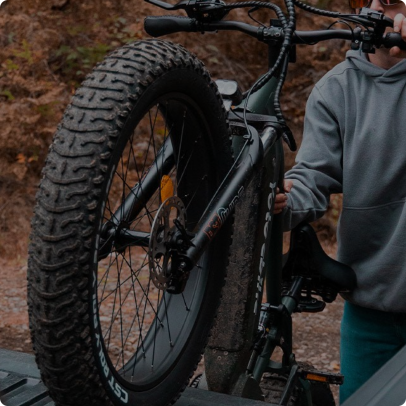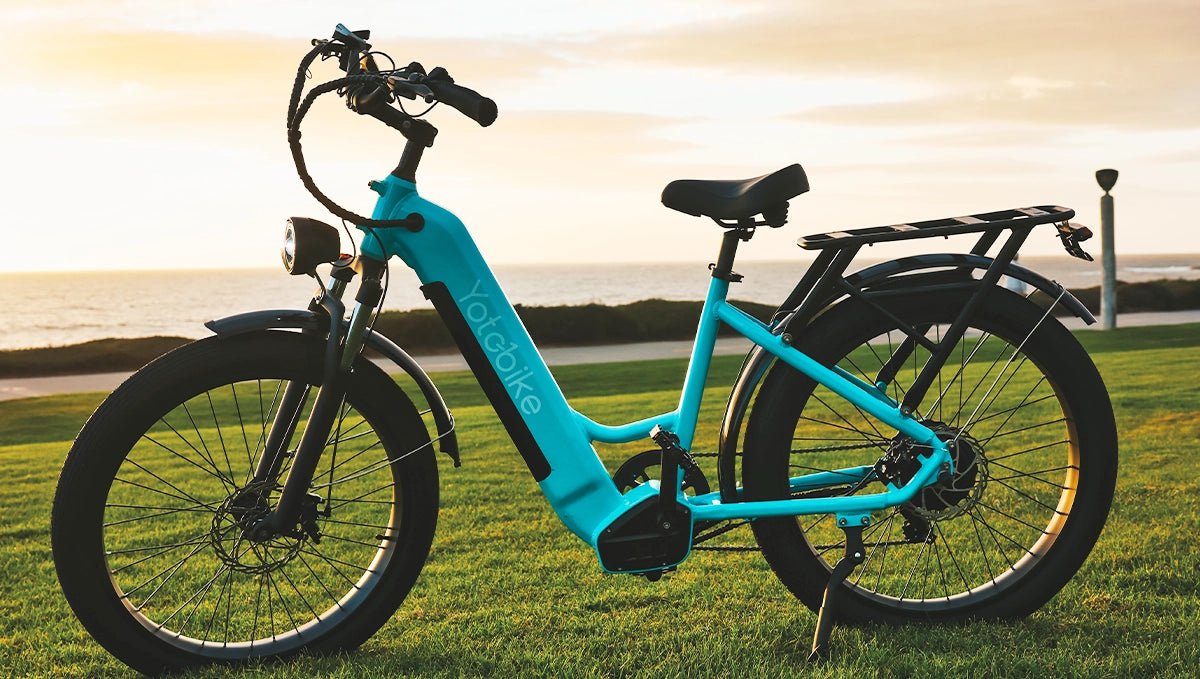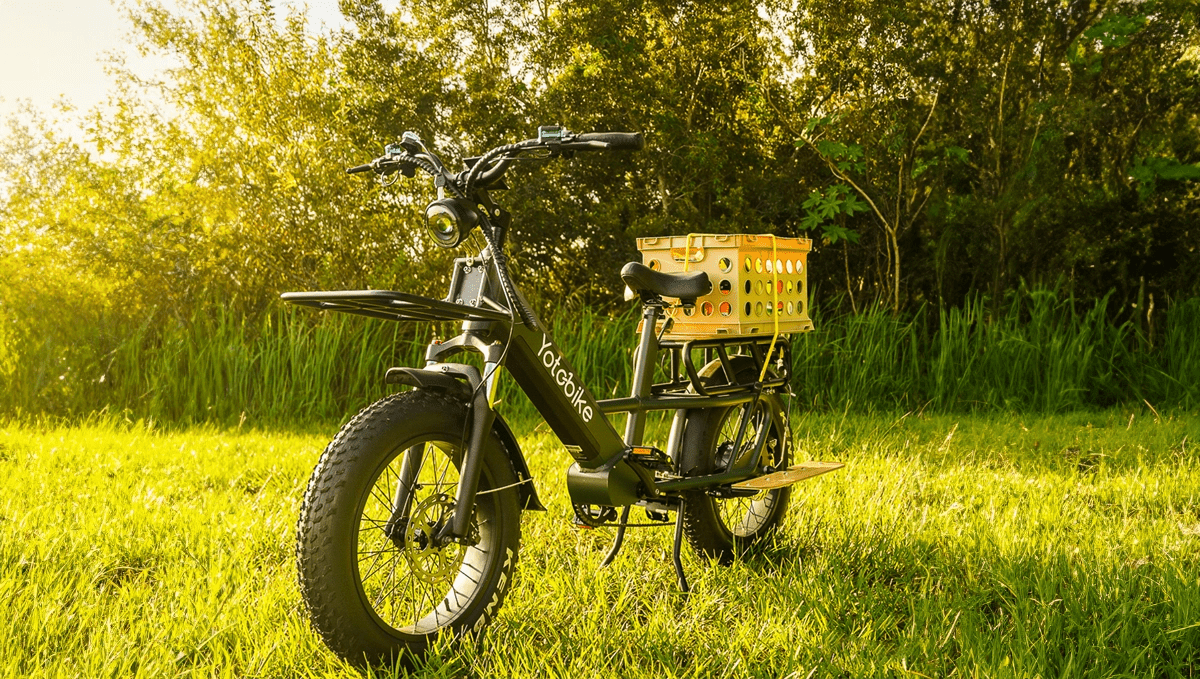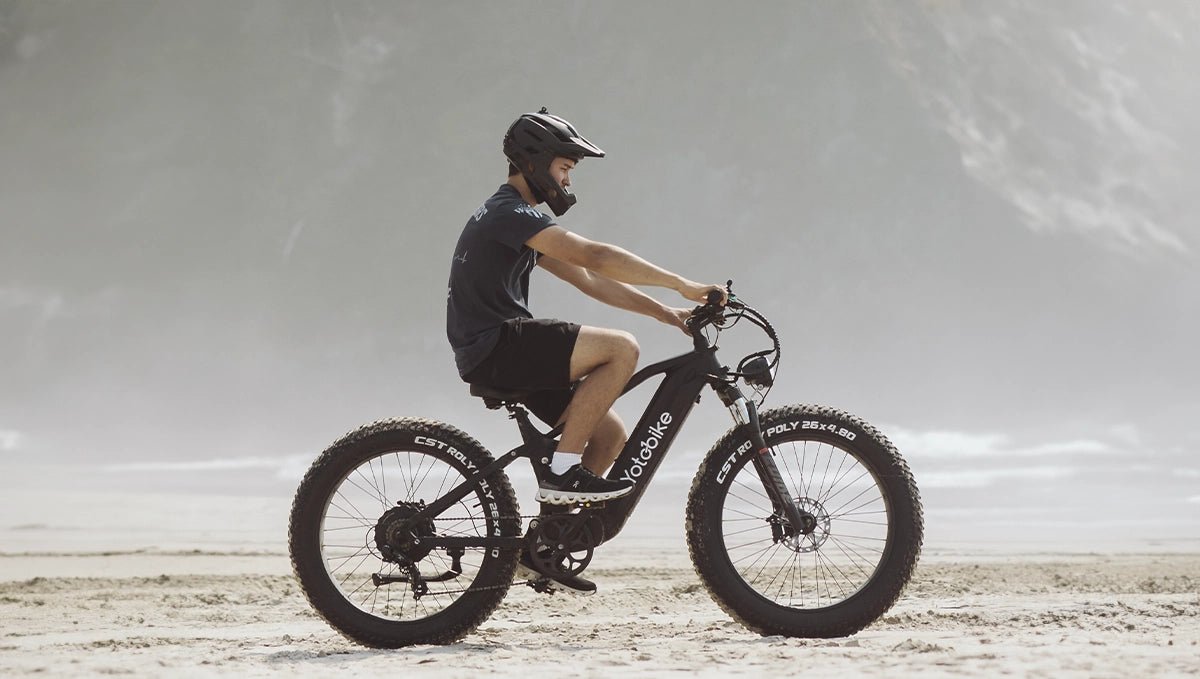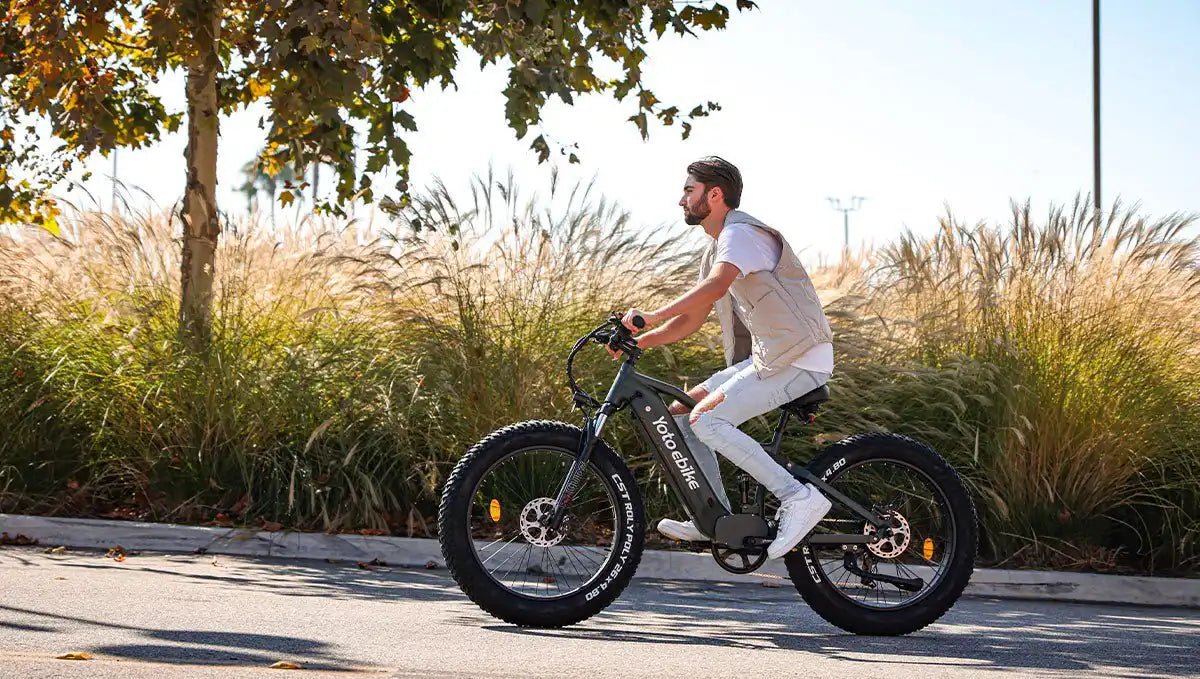
Electric bikes, especially those designed for specific activities like hunting or mountain biking, have surged in popularity thanks to their versatility, performance, and the added boost of electric power. In this post, we'll dissect the anatomy of a fat tire e-bike, highlighting each component's purpose and specifications. This will not only help you understand your fat tire electric bike better but also assist you in choosing the right mountain bike accessories for an upgraded riding experience.
Handlebars
The control center of your fat tire bike, handlebars determine steering and house the throttle, LCD display, and brake levers. They are designed for an ergonomic grip and responsive maneuvering.
Throttle
This is where the electric aspect of your fat tire e-bike comes to life. The throttle controls the power output from the motor, allowing for acceleration without pedaling.
LCD Display
A crucial component for the tech-savvy rider, the LCD display on an electric hunting bike provides essential information such as speed, distance, battery level, and more.
Brake Levers
Connected to the hydraulic disc brakes, these levers ensure your safety by offering precise and powerful braking capabilities, a must-have for any full suspension electric mountain bike navigating rugged terrain.
Head Tube
This part of the frame connects the handlebars and front fork, ensuring a smooth turn of the handlebars and stability of the front end.
Headlight
For early morning or late evening rides, especially for hunting e-bikes, a bright headlight is essential for visibility and safety.
Front Fork
The suspension component that absorbs shocks on the front wheel, crucial for a full suspension electric mountain bike traversing uneven surfaces.
Hydraulic Disc Brakes
These offer reliable stopping power in all conditions, an important feature for fat tire electric bikes that tackle varied terrains.

Battery Pack
The heart of an e-bike's electric system, the battery pack stores the electrical energy that powers the motor. It's typically mounted on the frame for balance and accessibility.
Pedals
While they might seem basic, pedals on an electric hunting bike should provide excellent grip and support to transfer your power efficiently to the drivetrain.
Crankset
Attached to the pedals, the crankset converts your pedaling action into rotational motion to help drive the chain and propel the bike.
Rear Shock
Part of what makes a bike a full suspension electric mountain bike, the rear shock absorbs impacts at the back wheel, making for a smoother ride on rough trails.
Controller
This is the brain of the e-bike, managing power flow between the battery and motor based on your inputs from the throttle and pedal assist sensors.
Pedal Assist Sensors
These detect your pedaling and tell the motor to kick in, giving you a boost. This feature is particularly helpful on a fat tire e-bike when traversing challenging terrain.
Bottom Bracket
The junction where the crankset meets the frame, this component houses the bearings that allow the crankset to rotate freely.
Chain
The chain transfers the rotational energy from the crankset to the rear wheel, a fundamental part of the bike's drivetrain.
Chain Stay
These frame components run parallel to the chain, stabilizing the rear wheel and supporting the overall structure of the bike.
Derailleur
This mechanism guides the chain between gears on the cassette, allowing you to shift gears smoothly on your electric hunting bike.
Cassette
Attached to the rear wheel, the cassette features a range of gears that determine how much effort is needed to pedal at various speeds.
Rear Hub Motor
Common in many fat tire electric bikes, the rear hub motor provides direct power to the rear wheel, offering a balance of efficiency and performance.
Taillight
Like the headlight, the taillight increases visibility from behind, a critical safety feature for all bikes, especially when riding in low-light conditions.
Seat
Comfort is key, particularly on an electric hunting bike where you might be seated for long periods. A well-cushioned seat can make all the difference.
Seatpost
This tube holds the seat and can often be adjusted in height, allowing you to find the most comfortable riding position.
In overall, when shopping for a fat tire e-bike or seeking mountain bike accessories, consider these components carefully. A full suspension electric mountain bike designed for hunting will need durability, power, and comfort, while a bike for casual trail riding will focus more on maneuverability and ease of use. Understanding each component's role will ensure you find the perfect fat tire bike for your adventures.
In conclusion, understanding the intricate components of a fat tire e-bike is crucial for anyone looking to maximize their riding experience. Whether you’re a seasoned rider embarking on rugged hunting adventures or a casual cyclist enjoying scenic trail rides, recognizing the role and functionality of each part can significantly impact your choice.
When considering a fat tire e-bike or shopping for mountain bike accessories, it’s important to factor in the specific demands of your activities. A bike intended for intense off-road use will require robust durability and power, whereas a bike for leisurely rides will focus more on comfort and maneuverability. We hope this guide has provided you with valuable insights into the world of fat tire e-bikes, helping you make an informed decision for your next adventure. Remember, the right understanding of each component ensures that you find the perfect fat tire bike that aligns with your adventurous spirit.
